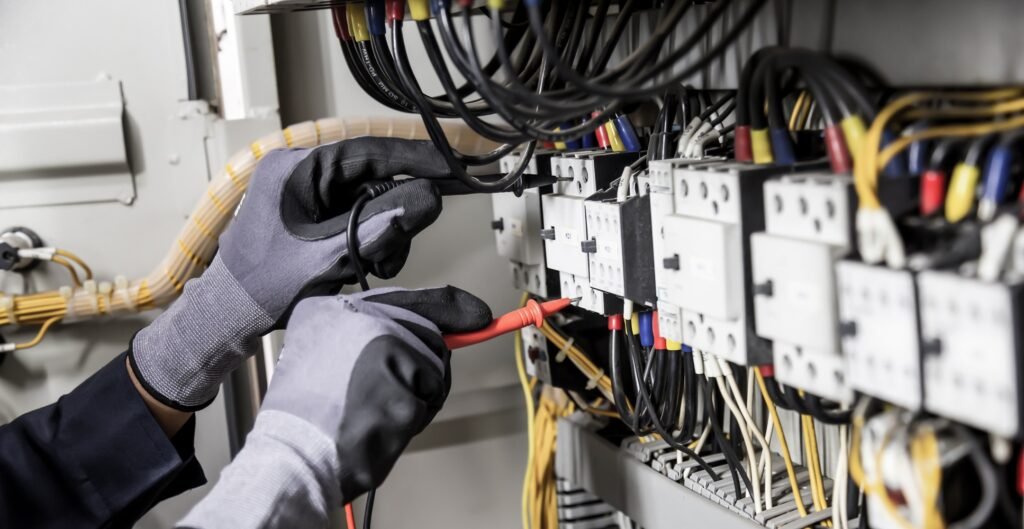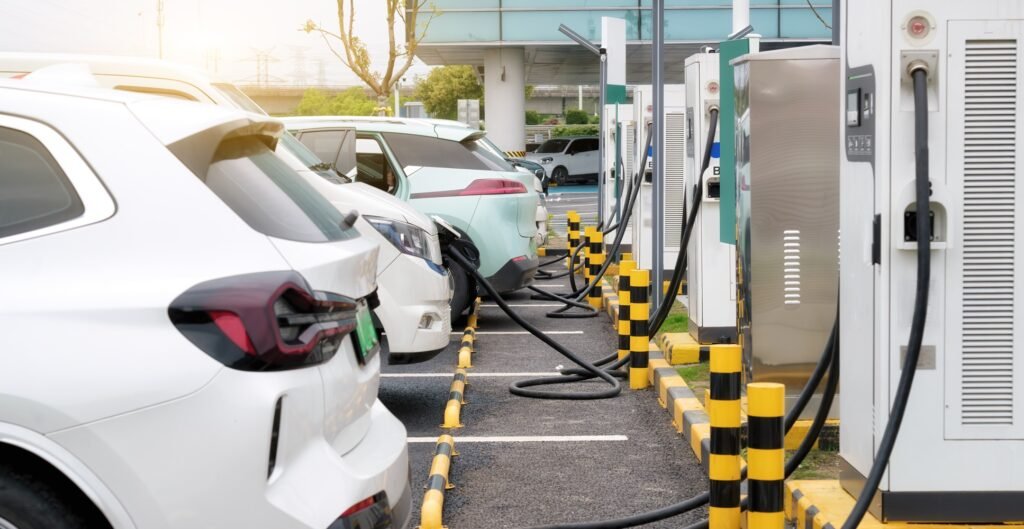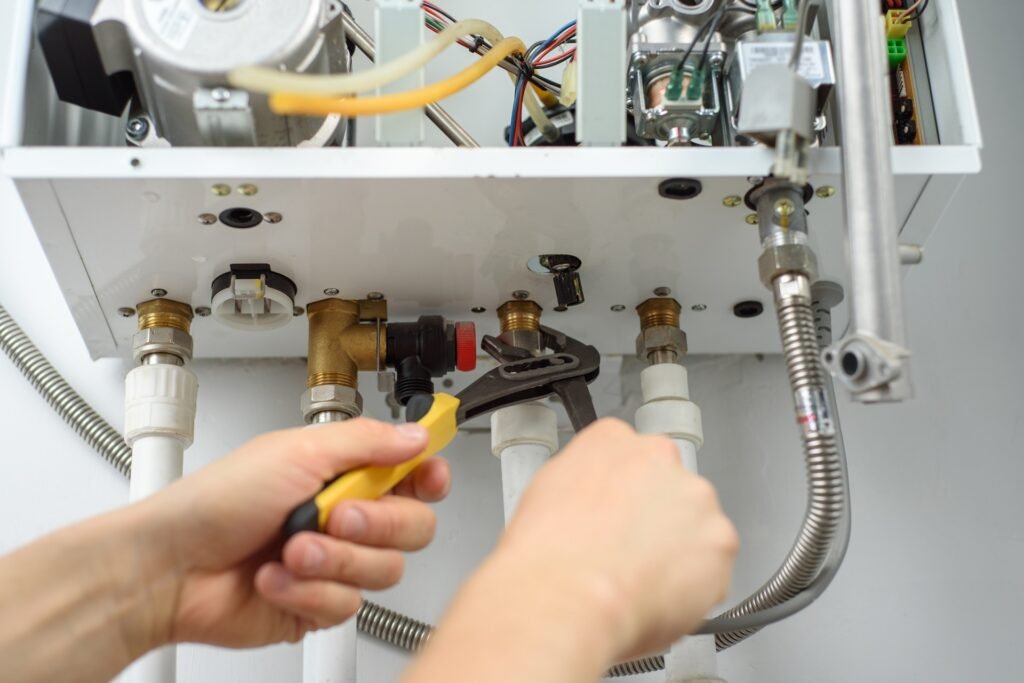
Liquid Petroleum Gas (LPG) plays a big role in various sectors, from domestic heating to commercial and industrial equipment. Working with LPG, however, comes with its risks, due to the high flammability rate and the possibility of leaks. To work with LPG, proper training is essential, so the LPG course is a valuable step for […]

Here at Get Training, we offer all kinds of practical engineering courses and, as such, we’ve always got our eye on the most in-demand engineering roles. That’s why today, we’d like to discuss our electrical vehicle charging point course and how it could set you up for an incredible career over the next few decades. […]

Once you complete your ACS Initial Course, you’ll need to do an ACS Initial Assessment before you can be fully certified as a gas engineer. In this step-by-step, guide we’ll be giving an overview of what your ACS Initial Assessment will be like and what you should consider beforehand. 1. The ACS Initial Course Before […]

What is the IET 18th edition qualification? In the electric industry, the 18th Edition is the term that is used when referring to the latest British Standards BS 7671:2028. You might also hear it called; IET wiring regs, the regs, BS7671. The 18th Edition itself is a book/manual containing the guidelines and processes that all […]


